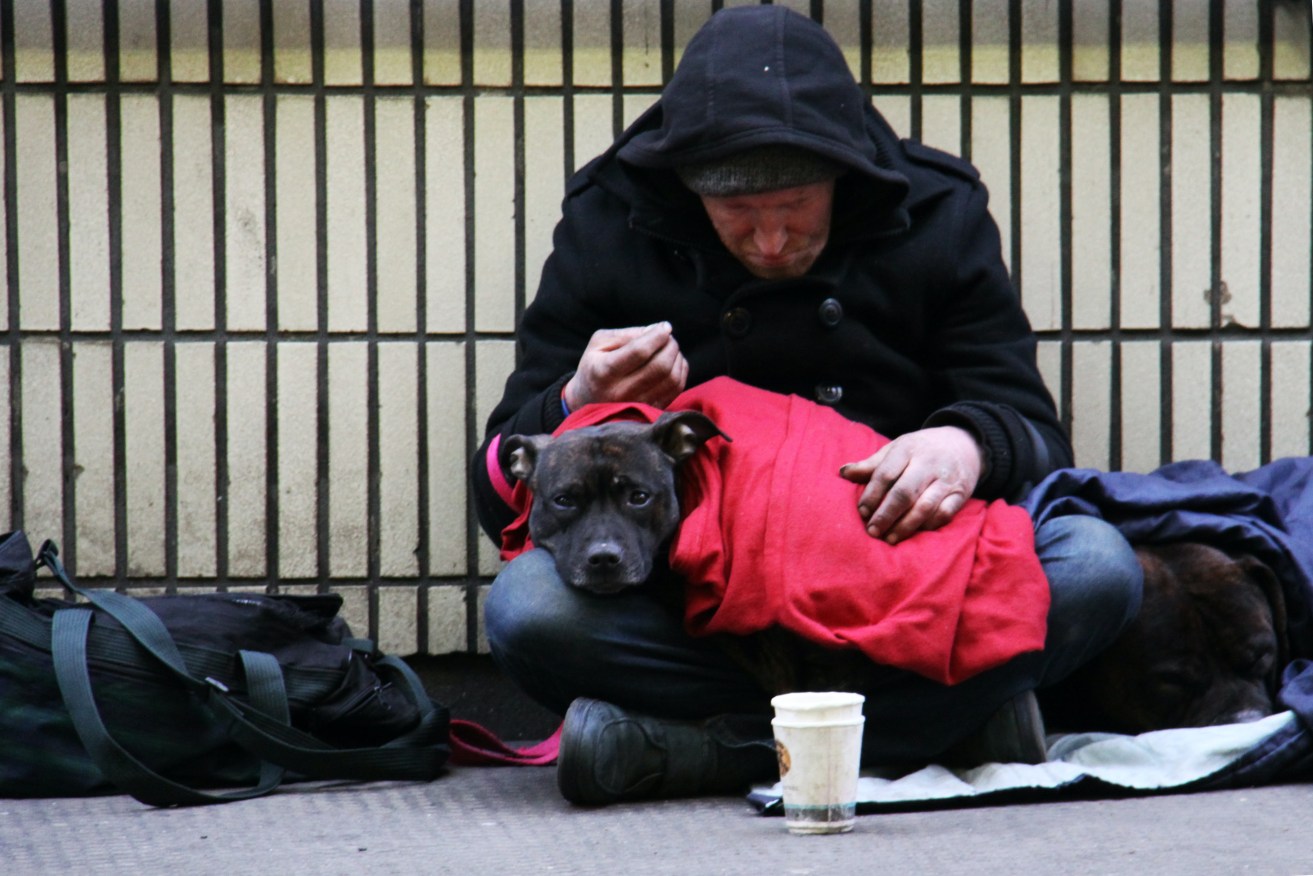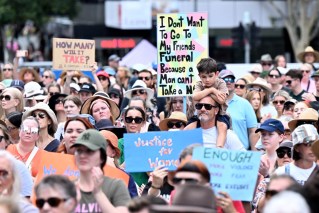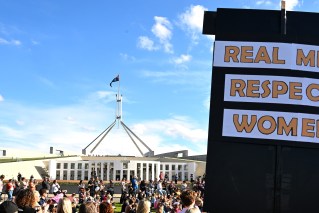How Qld is finally moving to decriminalise public drunkenness
Steps must be taken to ensure low level offences such as begging and public drunkenness are not instead captured by more serious public nuisance charges if Queensland moves toward decriminalisation, a hearing has been told.

Image: Nick Fewings/Unsplash
The state’s Human Rights Commission has raised concern about the discretion that would be retained by police, as a parliamentary committee investigates decriminalising public intoxication, public urination and begging.
“The public nuisance offence is of course a higher level offence than the offences that we’re discussing,” Deputy Commissioner Neroli Holmes told Monday’s hearing.
“We definitely do not want the default operation by police to go from arresting for public intoxication or public urination or begging to…the nuisance offence.”
Instead, the Human Rights Commission supports decriminalising the lower level offences while improving resources for a health and welfare response.
“Our community might have to accept at the moment, with the level of homelessness we’ve got, that there will be behaviours in public that some people will find anti social,” Holmes said.
“Unless our society takes bigger steps to try and find homes for everyone that’s homeless…that is a reality of where we are.”
More training for police and expanding the use of referrals to specialised services will help move away from the punitive response model, Queensland Public Advocate John Chesterman told the hearing.
“We know that Queensland police officers are not trained to deliver a health or medically based response when they see, particularly someone with a mental health crisis,” Chesterman said.
Undertaking a review of all public order offences and their impact on marginalised groups, with a view to potential decriminalisation, was among the recommendations put forward by Queensland Law Society.
Decriminalisation of drug use and possession and reinvesting funds spent on enforcement in health and welfare could also be considered.
The society raised similar concerns about public nuisance charges and move on powers, and recommended a number of amendments.
Not starting a proceeding unless necessary in the interests of public safety and requiring a complaint from a member of the public were among the suggestions.
Given the size of Queensland and its population in regional and remote areas, there will be challenges in ensuring those services are available, the hearing was told.
Queensland is the only jurisdiction that has not moved to change public drunkenness laws after Victoria passed a bill in 2021 following the inquest into the death of Yorta Yorta woman Tanya Day.
“An Aboriginal woman who was intoxicated and asleep on a train was taken to a police station, and as a consequence of being there was not being well supervised, fell over, banged her head and died,” Holmes said.
“Police cells are not safe places for people who are intoxicated to go to, very often they’re unsafe places.”
Abolishing the offence was a key recommendation of the Royal Commission into Aboriginal Deaths in Custody in 1991 as well as the inquest into the death of Ms Day.












